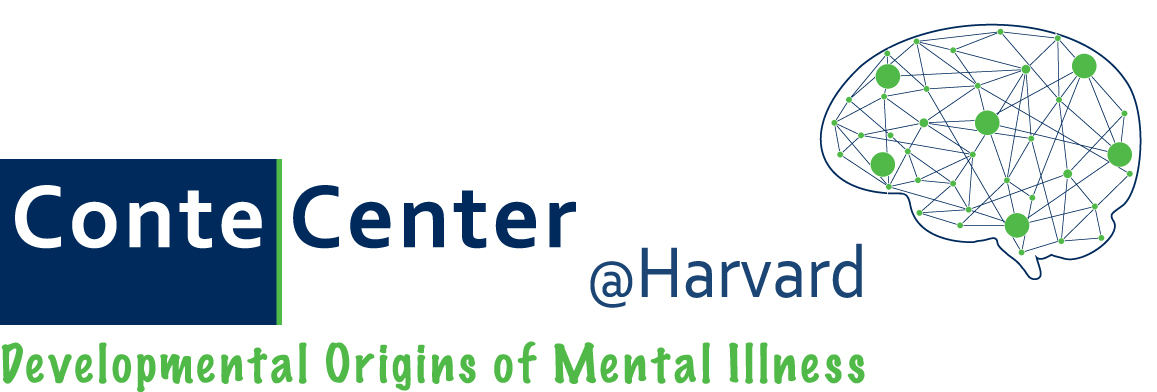Why is it harder to learn languages when you’re older? Why do star athletes and master musicians start training young? Why are certain medical conditions reversible in kids, but not in adults?
The answer to all of these questions and many more lies in the existence of ‘critical periods’—windows of time in human and animal development when environmental experience molds neural circuits. While experience can influence the brain long before and after critical periods, the sculpting power of its hand is never quite as strong than as during these periods of heightened plasticity.
Read moreA couple weeks ago, I attended an annual gathering of superheroes called “Blue Sky Girls Day.” At first glance, these people look ordinary. There wear no special capes or tights, and they summon their strongest powers for things most people take for granted. Like walking, talking, grasping objects, eating, drinking, sleeping—sometimes even breathing.
Yet many of these daily activities present epic battles for individuals with Rett Syndrome, a rare neurodevelopmental disorder that almost exclusively affects females and is caused by sporadic mutations in the X-chromosome gene MeCP2. What these individuals and their families quietly accomplish each day in real life is more impressive than the feats of any movie superhero. This is because one of the hallmarks of Rett is a striking developmental regression—in which children who seem to be developing normally all of a sudden lose the ability to speak or make purposeful hand movements—developing autism-like behavioral symptoms in addition to potentially experiencing seizures, scoliosis, breathing difficulties, gastrointestinal problems and other issues.
Read more